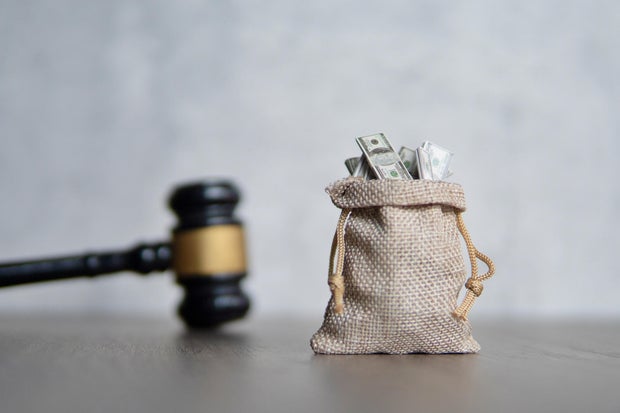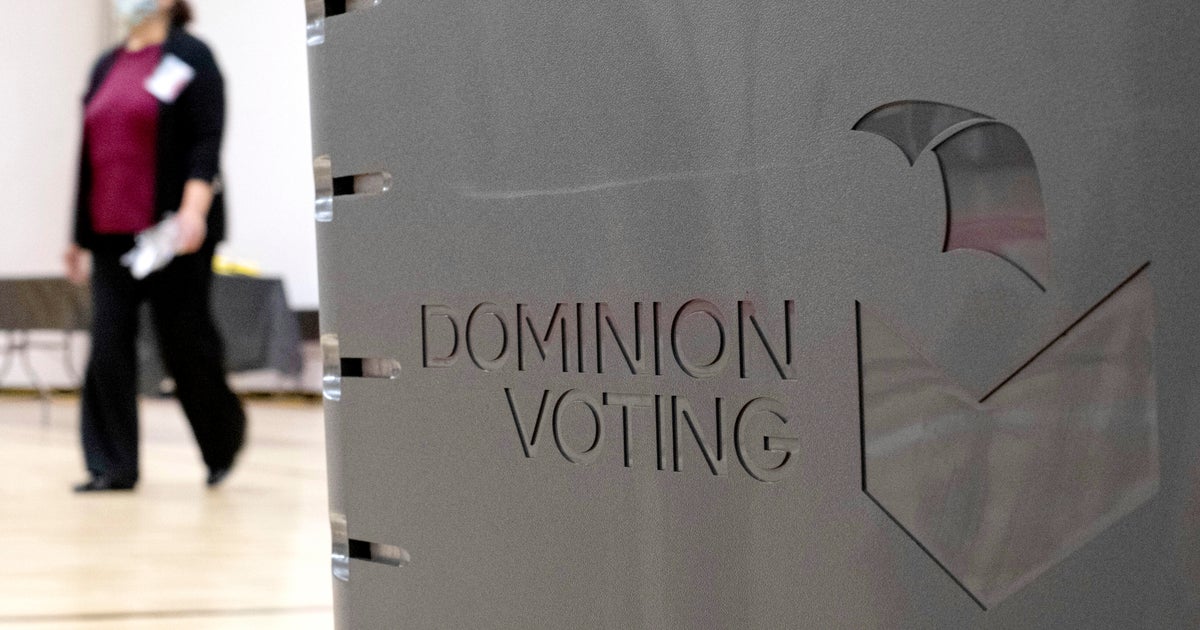 If you're getting sued over old credit card debt, you need to act fast, or it could cost you.
Mohd Izzuan/Getty Images
If you're getting sued over old credit card debt, you need to act fast, or it could cost you.
Mohd Izzuan/Getty Images
It's a scenario no one wants to find themselves in. You open your mail to find a court summons, or a process server knocks on your door with a lawsuit over your delinquent credit card debt. Maybe you saw it coming, or maybe life threw you a curveball when a medical emergency, job loss or unexpected expense made even the minimum payments impossible. Whatever the cause, though, that summons in your hand represents more than just past-due bills. It's a legal action that could result in wage garnishment, frozen bank accounts or liens against your property if you don't respond appropriately.
Getting sued over unpaid credit card debt doesn't mean you're on the hook for the money, however. The creditor or debt collector suing you still has to prove their case, and you have rights throughout this process. But those rights only matter if you take action quickly. And, ignoring the lawsuit, as tempting as it might be to pretend it doesn't exist, is the worst possible move. The clock starts ticking the moment you receive that summons, so what you do next will have a big impact on the situation and the financial consequences.
Find out how you can start tackling your delinquent credit card debt today.
5 immediate steps to take if you're being sued over unpaid credit card debt
If you're facing a credit card debt lawsuit, taking swift action is essential. Following these steps, in particular, can help protect your rights and potentially improve your outcome:
Read the lawsuit carefully
The very first thing you should do is read the summons and complaint thoroughly. These legal documents will tell you who is suing you (the original creditor or a debt buyer), how much they claim you owe and the deadline to respond, which is typically 20 to 30 days from the date you were served, depending on your state's rules. Take note of key details in the lawsuit, including:
- The name of the creditor or collector
- The case number and court information
- The amount being claimed
- The response deadline
Even if the debt seems familiar, review the paperwork for errors. Debt buyers sometimes sue for the wrong amount or even sue the wrong person. Misidentifications and documentation issues are surprisingly common, and spotting inaccuracies early could give you leverage later.
Learn more about the credit card debt relief options available to you now.
File a timely response
One of the biggest mistakes consumers make is ignoring the lawsuit, hoping it will go away. It won't. If you don't file an answer with the court by the deadline, the creditor will likely receive a default judgment, which could also give them legal power to garnish your wages, place liens on your property or levy your bank accounts.
Filing a response doesn't mean you're admitting guilt. It simply tells the court that you're contesting the lawsuit and forces the creditor to prove their case. Many courts offer self-help forms for answers, and some legal aid organizations may provide basic guidance for free. At a minimum, though, be sure to respond to the lawsuit before the deadline to avoid losing automatically.
Verify the debt and request documentation
Before deciding your next move, take time to verify that the debt is actually yours and that the creditor can prove it. Credit card debts are often sold to third-party collectors, after all, and records can get lost or muddled in the process. You can request that the creditor validate the debt by providing documentation such as:
- The original credit agreement
- Detailed account statements
- Proof that they own the debt if it's been sold
If they can't produce these documents, you may have grounds to challenge the lawsuit. Even if the debt is valid, reviewing the documentation carefully can reveal errors, like inflated balances due to fees and interest, that could affect how you respond.
Consider negotiating or pursuing debt relief options
If the debt is valid and you can't afford to pay it in full, you may be able to negotiate a settlement before the case proceeds to the judgment phase. Creditors and debt collectors often prefer to settle out of court rather than spend time and money on legal proceedings, so that can work in your favor.
You can negotiate directly on a reduced lump-sum payment or a structured repayment plan, for example. Or, if you have multiple debts or the amount owed is significant, taking advantage of targeted debt relief programs can help. The debt relief companies that offer them work on your behalf to negotiate down your balances, often for less than what you owe.
In many cases, entering a debt relief program can stop collection activity, including lawsuits, while negotiations are underway. Just be sure to work with a reputable debt relief company and understand all program terms before enrolling.
Consult with a legal professional
While many cardholders navigate credit card lawsuits on their own, consulting with a lawyer, even briefly, can give you a clearer picture of your options. Consumer attorneys can review your case for potential defenses, help you respond correctly and represent you in court if needed.
If hiring a lawyer isn't financially feasible, check for free or low-cost legal aid clinics in your area. Some states also have nonprofit consumer advocacy groups that offer guidance, or speaking with a certified credit counselor is also an option. A credit counselor can help you understand your broader financial situation and decide what options make sense moving forward.
The bottom line
Being sued over credit card debt is stressful, but by responding promptly, verifying the debt's validity, understanding your defenses and exploring all of your options, you can potentially avoid the harshest consequences. So, don't let fear or embarrassment keep you from taking action.
And remember, the legal process still requires the credit card issuer or debt collector to prove their case, and you have the right to negotiate terms that don't leave you financially devastated. But you'll need to act now, not later, to ensure that you have an opportunity to deal with the issue before it compounds.
Angelica Leicht is the senior editor for the Managing Your Money section for CBSNews.com, where she writes and edits articles on a range of personal finance topics. Angelica previously held editing roles at The Simple Dollar, Interest, HousingWire and other financial publications.


















































